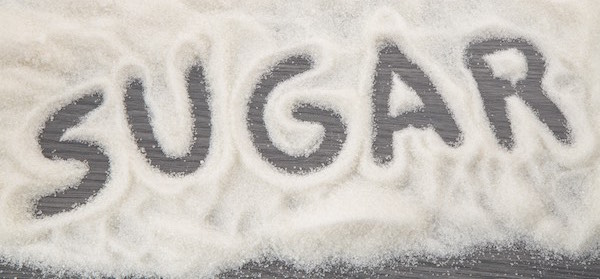Do you have a penchant for the sweeter things in life? According to recent data from the Australian Bureau of Statistics (ABS), it’s not just you. Australians love sugar, and we’re consuming more of it in our diets than ever before, taking in an average of 60g of sugar per day – that’s around 14 teaspoons of white sugar. The recommended daily intake is six teaspoons.
Unsurprisingly, most of the sugar we’re eating is found in ‘extra’ food and drink. Did you know that a large fruit juice can contain up to 60g of sugar per 500ml?
But when there’s added sugar in most foods these days, how do you start cutting back? Here are some simple tips:
Stop at one
That bowl of ice cream was pretty good, right? But it’s the second bowl that will really hit the spot. As with any addiction, the more sugar you have, the more you need to feel satisfied. Once you fall into the habit of allowing yourself more sugar, it becomes very difficult to cut back. So, while ice cream makes a mighty fine dessert, try not to indulge too often or too much. Even allowing yourself to overindulge ‘just this one time’ can be a bad idea, since this is a trick we use on ourselves to justify doing whatever we please – even when we know we shouldn’t.
Curb your carbs
Sugar exists in many foods – not just processed and sweet foods. While you might not love eating chocolate, lollies and cakes, your cravings for potato chips and bread could still be suggestive of a sugar addition. All carbohydrates turn to sugar in your body. And the sugar content in processed carbs is usually higher than in wholegrain carbs. Where possible, try to eat brown bread, pasta and rice, and keep chips, pretzels and other carb snacks to a minimum.
Don’t hate sugar
Sugar is blamed for many health problems. While it doesn’t provide us with any nutritional value, it’s still important because it gives us energy when we’re awake and sustenance when we’re asleep. Sugar occurs naturally in lactose, fruit, vegetables and legumes – all of which are necessary parts of our diets. Without sugar, our bodies wouldn’t function properly.
That said, excess sugar can lead to serious health complications and diseases, such as obesity, diabetes, high cholesterol, high blood pressure and heart disease. It is best to obtain sugar from natural wholefoods and limit your consumption of processed or sweet foods.
Related articles:
The miracle of one glass of water
Low fat or full cream milk?
Should Australia adopt a sugar tax?

